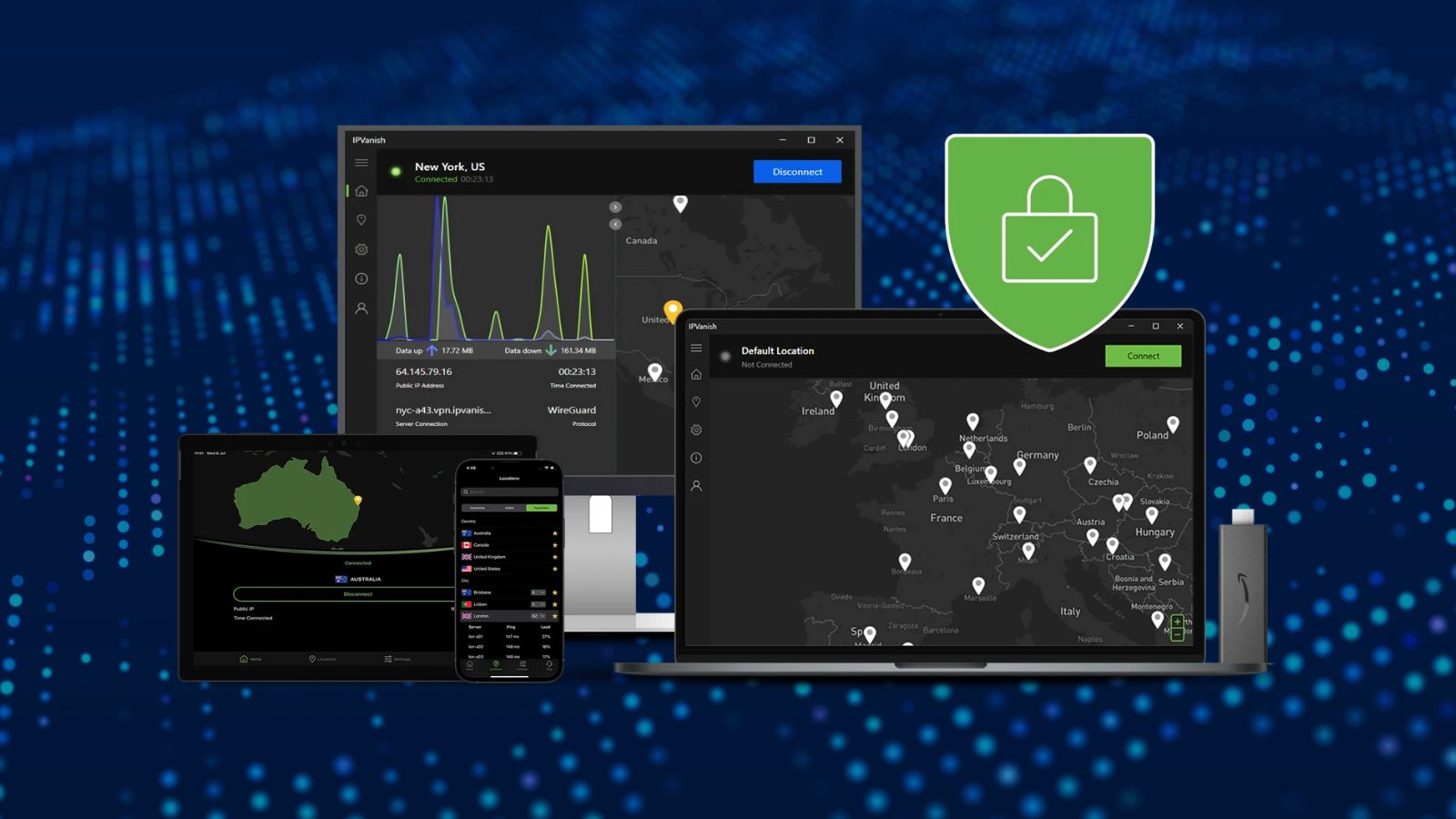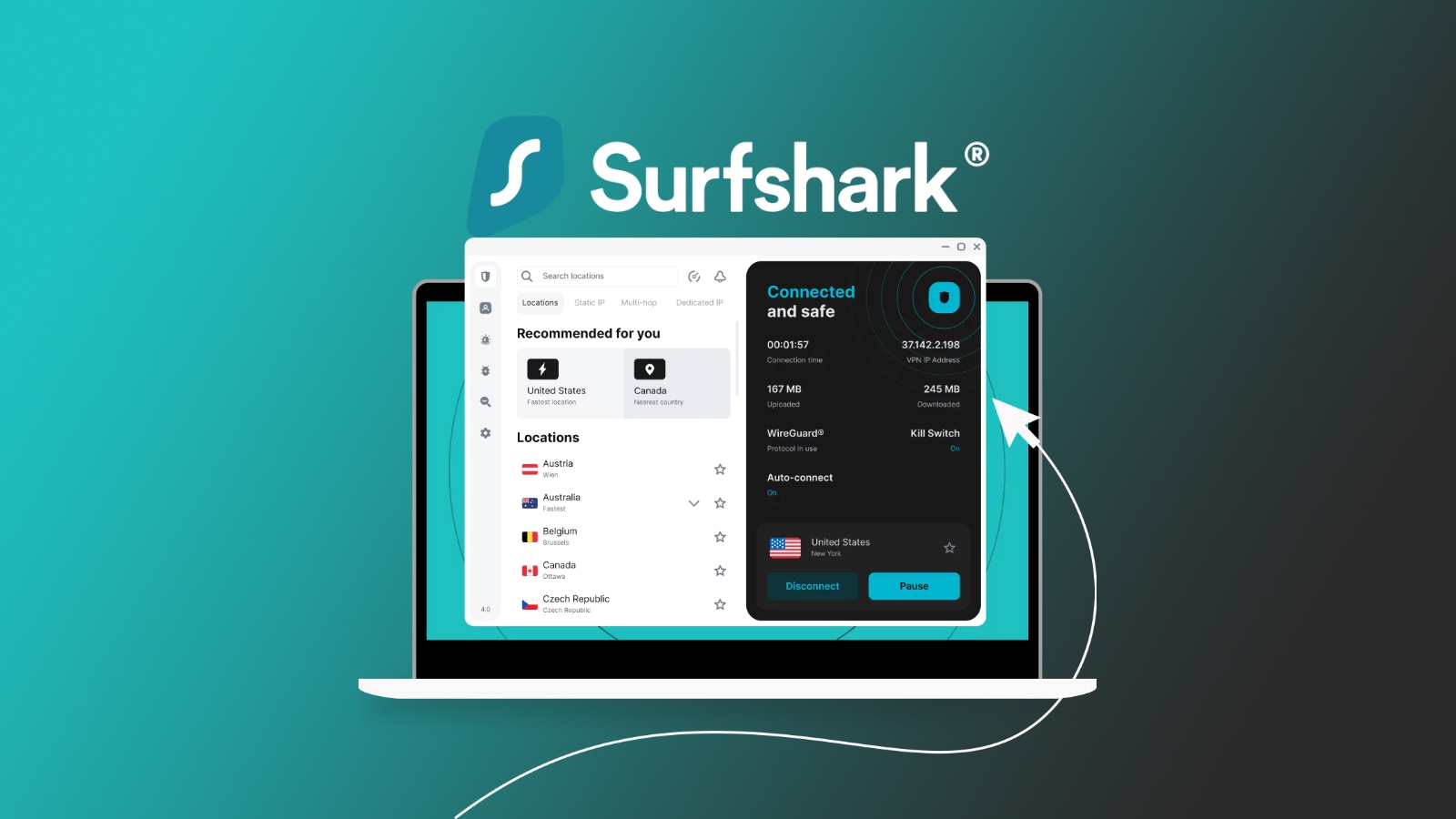
The Case of Dedicated VPN IP Addresses and Their Anonymity
- Dedicated IP addresses that remain static are very convenient, but are they anonymous?
- Some VPN service providers admit that they log user data in these cases, while others leave things vague.
- Users should be aware of the implications and ask their VPN providers for clarifications when it comes to dedicated IPs.
VPN (virtual private network) solutions are often deployed to hide your real IP address behind one that is located elsewhere. This way, your internet browsing becomes anonymous, any geo-blocks are lifted, and content becomes accessible again.
However, there are cases where users need to browse the net through a dedicated IP address instead of using a new random one every time they connect. This procedure helps people avoid having to pass through fingerprint matching checks, captchas, blacklists, etc. For example, accessing your PayPal account via various different IP addresses may result in freezing your account.
The question that arises from all this is, what happens with anonymity in these cases? Dedicated IP addresses are sold as “extras” by the VPN vendors, and yet they are typically excluded from their “no logs” policies. Users often forget or simply don’t pay attention to this crucial detail, falsely thinking they’re still browsing the net anonymously. In some cases, they are, but in most, the situation is far from the shallow assumptions that are made.
We have already given you a list of the seven most trustworthy VPNs when it comes to using a static IP address, so check out this list if you’re looking for one.
Torrent Freak has revisited this sensitive matter, looking into the latest versions of the VPN privacy policies, so here is an overview of their investigation.
TorGuard – Depending on how the user paid for the dedicated IP add-on, the service may have their credit cardholder name and postal code. If crypto were used for the purchase, TorGuard would only retain an email address.
NordVPN – The service links a specific IP address to the account that bought the add-on, so any information relating to that account is indirectly linked to that IP.
VPNArea – The service links the dedicated IP address to the account holder, and it keeps that data even when the account has been deleted or it expired a long time ago.
Trust.Zone – IP address and account data are linked until the subscription ends.
CyberGhost – [Updated after the vendor contacted us] The service has now extended its no-log policy to include dedicated IPs. CyberGhost is currently working on a brand-new system that is performing better, has more use-case scenarios, and is compliant with the strongest security standards. The new add-on will be available next month, and users of the old solution will be passed to the new system.
All that said, you should be careful with your VPN service selection, read the fine-print details in the “no-log” policies, or simply ask the sales agent/representative about dedicated IP addresses specifically.
Many VPN service providers are pretty transparent about how they’re doing things, so knowing exactly what you’re paying for should be something to strive for.









